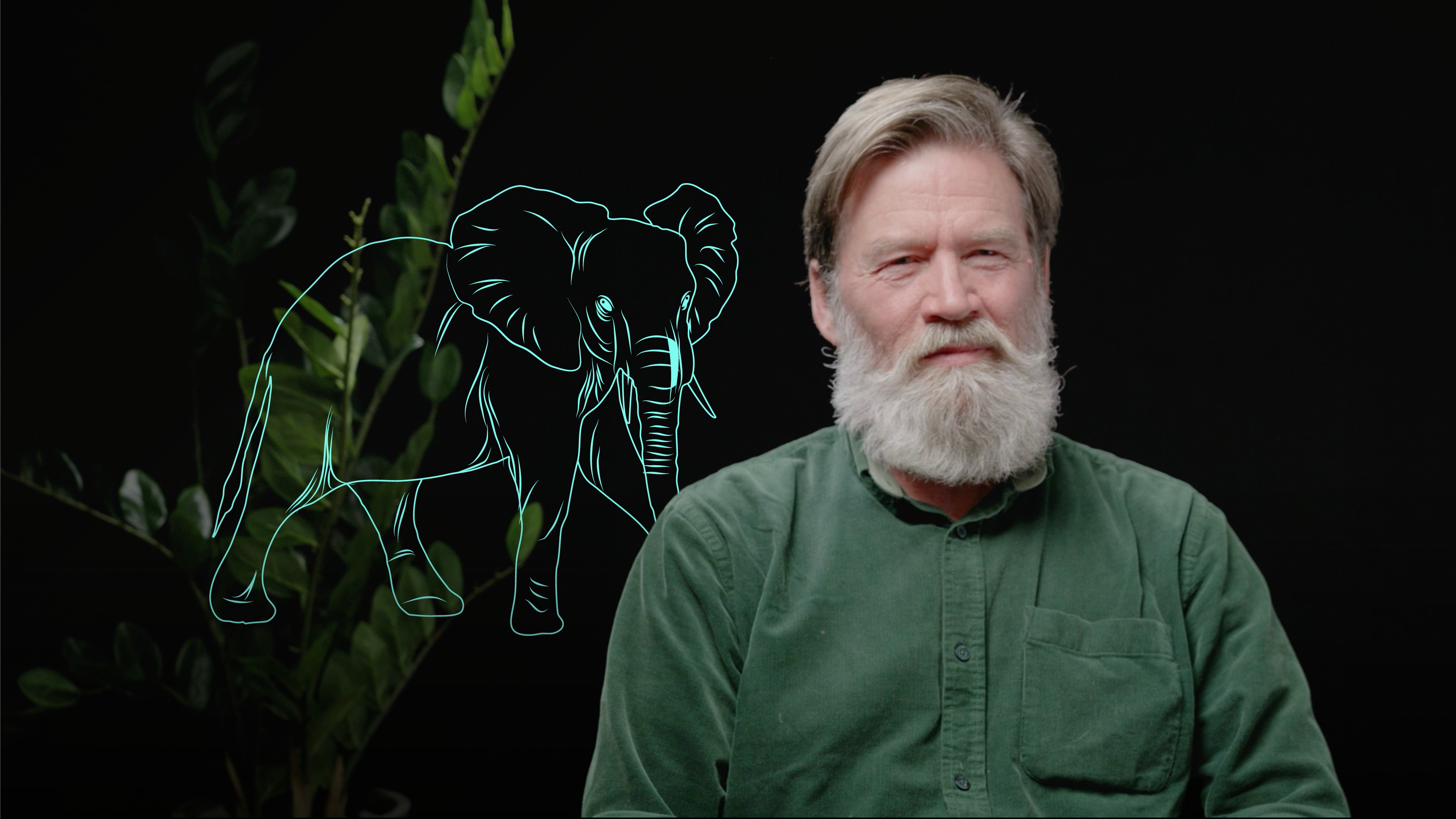
The Value of Biodiversity

Ian Redmond
Biologist & Co-founder: Rebalance Earth
We know biodiversity is important. But why? Join Ian Redmond as he explores why exactly biodiversity is so valuable to the planet and to beating climate change.
We know biodiversity is important. But why? Join Ian Redmond as he explores why exactly biodiversity is so valuable to the planet and to beating climate change.
Subscribe to watch
Access this and all of the content on our platform by signing up for a 7-day free trial.

The Value of Biodiversity
18 mins 35 secs
Key learning objectives:
Understand the link between biodiversity and climate change
Describe the value of animal conservation
Overview:
Biodiversity is what keeps us all alive but has always been at the bottom of the list of political priorities. 8 billion people aspire to a better quality of life but this means using more and more of what our world can naturally produce. We focus on the aesthetic value of nature but not the ecological value. For example, an elephant disperses tree seeds through their dung, which in turns sequesters carbon from the environment. Calculated in 2019, a single elephant is responsible for the additional sequestration and storage of about $1.75 million worth of carbon. However, too many have focused on the aesthetic value of an elephant (the tusk), and not the tremendous value it provides to the ecosystem (through its dung).
Subscribe to watch
Access this and all of the content on our platform by signing up for a 7-day free trial.
Subscribe to watch
Access this and all of the content on our platform by signing up for a 7-day free trial.

Ian Redmond
There are no available Videos from "Ian Redmond"






















